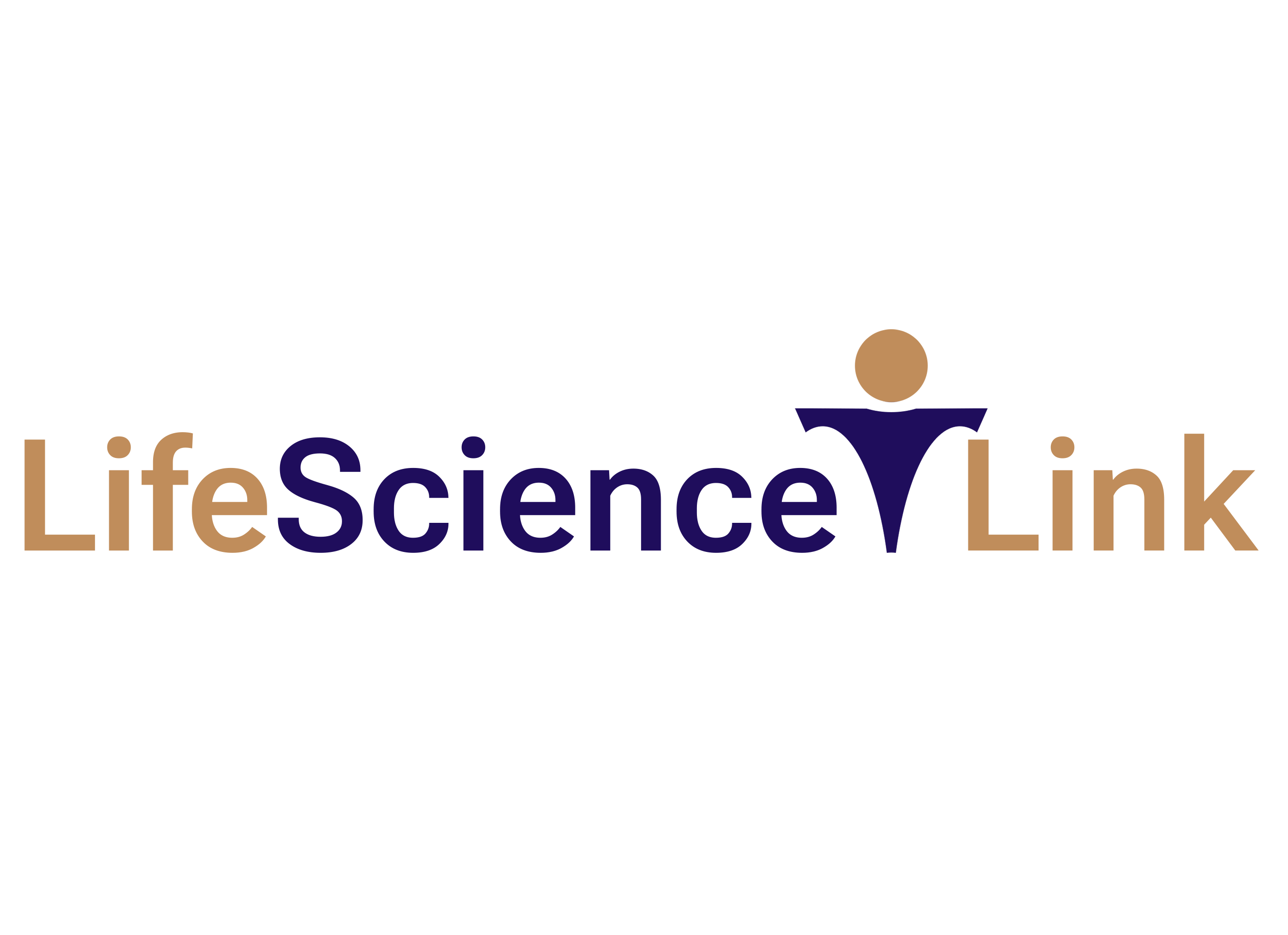Introduction
In the dynamic realm of pharmaceutical and biotechnology industries, the pursuit of innovation and therapeutic advancement is inexorably intertwined with the complexities of clinical research. Clinical Research Organizations (CROs) emerge as pivotal partners, offering a wealth of expertise, resources, and strategic guidance to navigate the intricate landscape of drug development. This comprehensive article meticulously examines the multifaceted benefits of engaging with CROs, elucidating how such collaborations foster efficiency, efficacy, and ultimately, the realization of groundbreaking medical breakthroughs.
- Unparalleled Expertise and Experience: At the nucleus of every successful clinical trial lies a reservoir of expertise and experience, virtues epitomized by CROs. These organizations boast a cadre of seasoned professionals endowed with specialized knowledge across diverse domains, including clinical trial design, regulatory affairs consulting, biostatistics, and data management. Leveraging this collective wisdom, CROs orchestrate meticulous trial strategies, ensuring adherence to rigorous regulatory standards and methodological rigor. Moreover, CROs’ extensive experience in interfacing with regulatory agencies worldwide confers a distinct advantage, facilitating seamless navigation of regulatory landscapes and expediting trial approvals, thus accelerating the path to market.
- Cost-Efficiency and Time Optimization: In the quest to bring innovative therapies to fruition, cost-effectiveness and time optimization are paramount imperatives. Herein lies the compelling allure of CRO partnerships: the potential for streamlined operations and resource optimization. By entrusting clinical trial management activities to CROs, drug developers alleviate the burden on internal resources and mitigate overhead costs associated with in-house operations. Furthermore, CROs’ established networks and optimized processes expedite patient recruitment, accelerating trial timelines and expediting the journey from bench to bedside. This judicious approach not only augments operational efficiency but also bolsters the financial viability of drug development endeavors, paving the way for sustainable innovation and therapeutic advancement.
- Holistic Service Spectrum: CROs epitomize versatility, offering a comprehensive suite of services meticulously tailored to meet the dynamic needs of drug developers. From protocol development and site selection to data management and regulatory submissions, CROs provide end-to-end solutions under a single, cohesive framework. This integrated approach fosters operational synergy, obviates the need for coordinating with multiple vendors, and expedites trial execution. Additionally, CROs’ strategic alliances with ancillary service providers, such as clinical laboratories and imaging facilities, further streamline trial operations, enhancing efficiency and efficacy across the clinical trial continuum.
- Flexibility and Scalability: In an era characterized by rapid evolution and paradigm shifts, adaptability and scalability emerge as indispensable virtues. CROs embody these attributes, offering drug developers the flexibility to navigate dynamic market forces and scale operations in tandem with evolving business needs. Whether it entails scaling up to meet burgeoning trial demands or optimizing resource allocation to enhance operational efficiency, CROs proffer tailored solutions aligned with the unique exigencies of each project. This nimble approach empowers drug developers to traverse uncertainties with confidence, fostering resilience and adaptability in an ever-changing landscape.
- Risk Mitigation and Compliance Assurance: Amidst the pursuit of innovation, mitigating risks and ensuring regulatory compliance stand as paramount imperatives. CROs serve as stalwart guardians, offering robust risk management strategies and regulatory guidance at every juncture of the trial continuum. With seasoned teams of experts proficient in risk assessment and mitigation, CROs preemptively identify and address potential pitfalls, mitigating the likelihood of regulatory non-compliance and operational setbacks. Furthermore, CROs’ unwavering commitment to adherence to stringent regulatory standards engenders confidence among stakeholders, fostering a culture of compliance and operational excellence.
Conclusion
In summation, the benefits of partnering with Clinical Research Organizations (CROs) are multifaceted and far-reaching, spanning expertise, efficiency, and risk mitigation. By embracing collaboration with CROs, drug developers embark on a transformative journey towards streamlined trial management, accelerated drug development, and ultimately, the realization of groundbreaking medical innovations. As vanguards of clinical research, CROs continue to redefine the contours of possibility, driving progress and catalyzing transformative change in the pharmaceutical and biotechnology industries.

